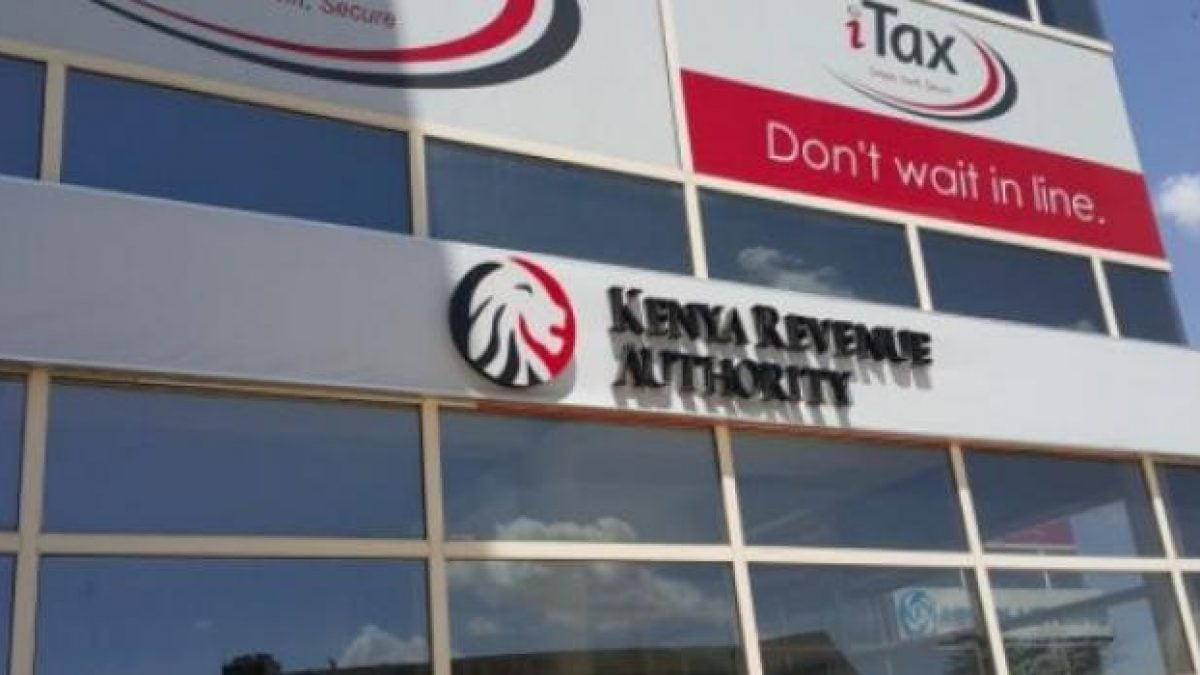

Kenya Revenue Authority (KRA) enforcement officers have intercepted a truck ferrying smuggled cigarettes worth an estimated Sh70 million in evaded taxes.
The 40-foot container was seized along the Busia–Mumias Road following an intelligence-led operation targeting a major smuggling network operating across several countries.
The truck had been identified in Busia County before enforcement teams pursued and stopped it.
Upon inspection, officers discovered 1,500 cartons of illicit cigarettes.
According to KRA, the driver failed to provide documentation for the consignment. Investigators also established that the truck had been fitted with a Regional Electronic Cargo Tracking System (RECTS) seal, which had been deliberately disabled to conceal the illegal activity.
The consignment was escorted to the KRA Kisumu Customs Warehouse, where it was secured, pending verification and further investigations.
According to KRA, smuggling syndicates have adopted complex methods to evade detection, including concealing contraband within legitimate cargo and manipulating RECTS seals to mimic lawful transit.
Such tactics allow smugglers to bypass monitoring systems and divert goods into the Kenyan market.
The East African Community Customs Management Act (EACCMA), 2004, defines smuggling as the importation or exportation of goods in violation of customs laws.
Under Section 199, penalties for offenders include seizure of goods, forfeiture of vehicles used in the crime, fines of up to 50 per cent of the dutiable value, imprisonment of up to five years, or both.
Speaking after the interception, Commissioner for Customs and Border Control Dr Lilian Nyawanda underscored KRA’s commitment to curbing illicit trade.
She said the operation highlights the authority’s determination to protect revenue and shield consumers from harmful products.
“Smuggling not only denies the government critical tax revenue for national development but also undermines fair competition and exposes consumers to unregulated products,” Dr Nyawanda said.
She emphasised the need for tougher enforcement against sophisticated networks. “For proper deterrence, our main interest is in drilling down through the layered complexity of these schemes for possible uprooting, while reducing generalities which often lead to collateral damage and revenue leakage,” she added.
KRA has pledged to intensify surveillance and enhance collaboration with other government agencies to disrupt smuggling. The Authority urged members of the public to report suspicious trade activities through its hotlines.
The latest interception comes as the government steps up efforts to seal revenue leakages and strengthen enforcement measures at border points nationwide.
On September 30, KRA uncovered a new tax evasion tactic in which smugglers strip imported items of their original packaging to disguise them as second-hand products.
Officials said the method, which is gaining traction, is contributing to revenue losses and making it harder to track illegal trade.
For years, counterfeit excise stamps have been a common feature in the black market for alcohol and related goods.
However, KRA reported that the packaging scheme is a newer tactic, particularly among cross-border smugglers of high-demand products such as mobile phones.
The emergence of tactics such as disguising new goods as used items highlights the ongoing cat-and-mouse game between smugglers and regulators. KRA says it will continue working with other agencies to close loopholes, safeguard public health and protect government revenue.













![[PHOTOS] Three dead, 15 injured in Mombasa Rd crash](/_next/image?url=https%3A%2F%2Fcdn.radioafrica.digital%2Fimage%2F2025%2F11%2Fa5ff4cf9-c4a2-4fd2-b64c-6cabbbf63010.jpeg&w=3840&q=100)



